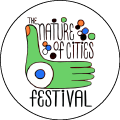30 September 2020
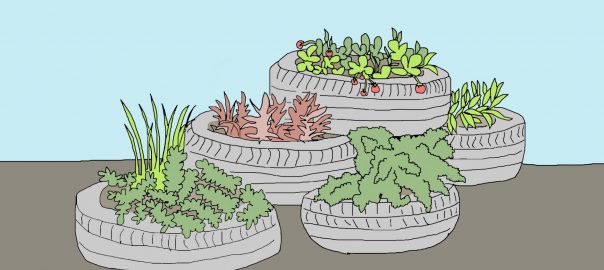
En español. In December 2019, the city of Wuhan, China, reported the first case of Coronavirus. Since then, the virus has spread rapidly, reaching more than 31,300,000 cases worldwide (as of September 2020, according to John Hopkins University). Globally and regionally, a series of measures have been taken to slow...
0 Comment(s)Join our Conversation
28 September 2020
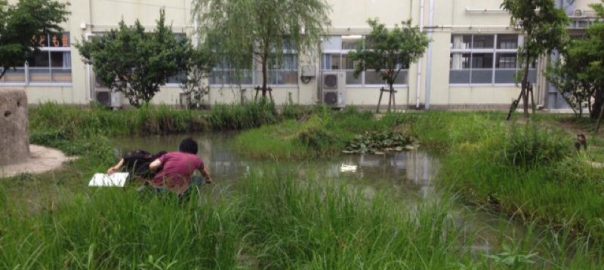
Episode 1—Biodiversity We read two stories: Claire Stanford’s “Neither Above Nor Below” and Elizabeth Twist’s “May Apple”. Both stories were prize winners in the original Stories of The Nature of Cities 2099 contest. The Stories are read by actors Howard Overshown and Dori Legg. Authors Claire and Elizabeth are then...
0 Comment(s)Join our Conversation
24 September 2020
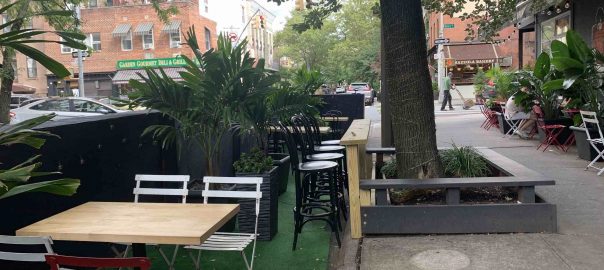
SUMMER We started to settle into our “new normal”, with the pace of our journal entries significantly slowing down. Social distancing didn’t feel as novel any more, we weren’t noticing the shifts and changes as much. Or perhaps we were worn down with mental fatigue and journaling didn’t feel therapeutic,...
1 Comment(s)Join our Conversation
11 September 2020
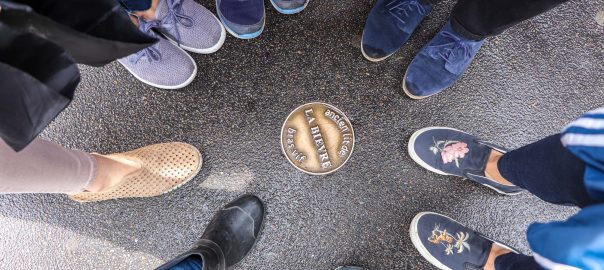
Since 1912 in Paris, the river Bièvre, once the city’s second-largest river, has disappeared from our landscape. It used to cross the whole left bank from south to north, flowing through the 13th and 5th arrondissements before reaching the Seine between “Le Jardin des Plantes”, our historical botanical garden, and...
0 Comment(s)Join our Conversation
3 September 2020
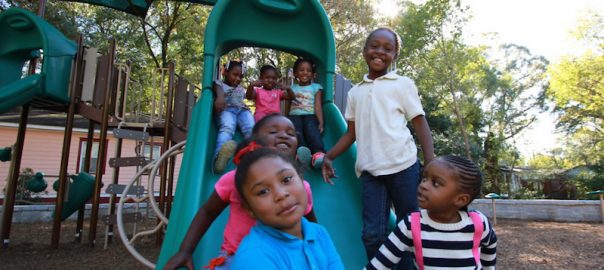
As a city and regional planner by training, I have been alarmed at the tendency to blame urban density (defined as people per square mile) as a primary culprit for New York City’s relatively severe initial COVID-19 outbreak. An epidemiologist from Stanford, a professor of infectious diseases at the University...
0 Comment(s)Join our Conversation
24 August 2020
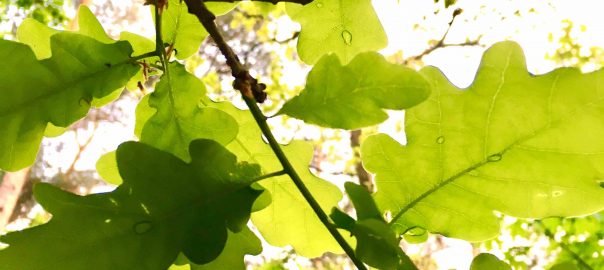
Linden In early summer, after the crest of the first wave of the pandemics had broken and kids resumed to go to school and street cafés had opened again, I spent days alone writing on the balcony of a flat in a somewhat sketchy Berlin neighbourhood. Down in the street,...
2 Comment(s)Join our Conversation
24 August 2020
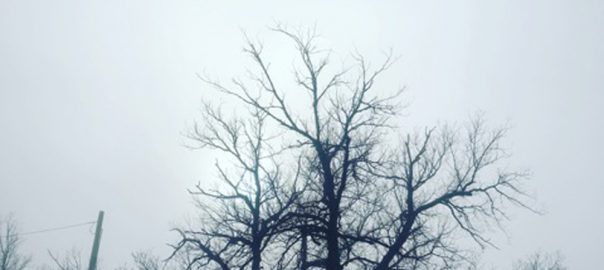
We are gardening. Feeding our trees. We decide to cut the deadwood off the Fejoa tree. Afterwards it’s considerably squat and oddly shaped, but we agree it looks better. Or it feels better. Or it seems to us that it, the tree, feels better. It has just been liberated of...
1 Comment(s)Join our Conversation
18 August 2020
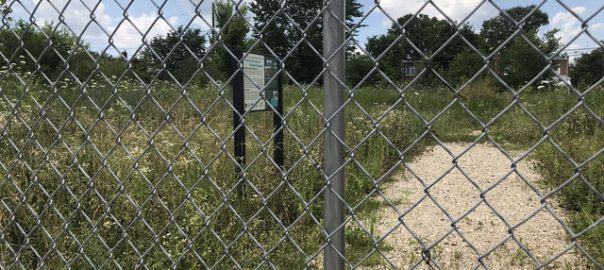
White Elephant: 2. figurative. A burdensome or costly objective, enterprise, or possession, esp. one that appears magnificent; a financial liability. With reference to the story that the kings of Siam (now Thailand) would make a present of a white elephant to courtiers who had displeased them, in order to ruin the...
0 Comment(s)Join our Conversation
12 August 2020
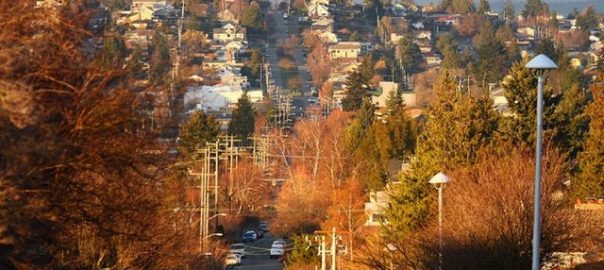
The building boom that’s driving up real estate prices and jamming Seattle with housing and high-rises is also squeezing out and devaluing the city’s green and open spaces. That “progress” presents paradoxes: “Hard assets” provide value temporarily, as they are amortized over their “useful lives”; green, or “soft,” assets are...
0 Comment(s)Join our Conversation
29 July 2020
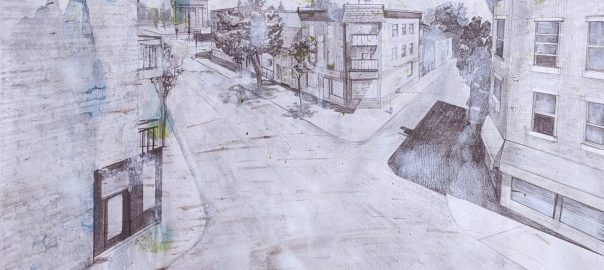
“Absences should not cause us to look elsewhere, but to look closer.” i I have been working on a mind map of emptiness, inspired by an old Wiccan meditation practice of gazing into a bowl of water and trying to see the middle of the water.ii In the middle of a...
0 Comment(s)Join our Conversation
24 July 2020
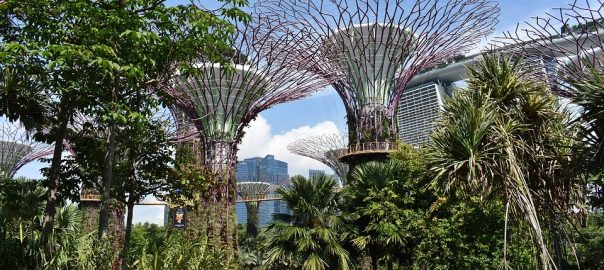
What is the place of nature in cities? As the COVID-19 pandemic challenged societal norms, this question took a new turn for professionals and the public alike. Having recently moved to Singapore I’m sharing here a few thoughts as I’m learning how the city-state designs our relationship with nature. Singapore...
0 Comment(s)Join our Conversation
20 July 2020
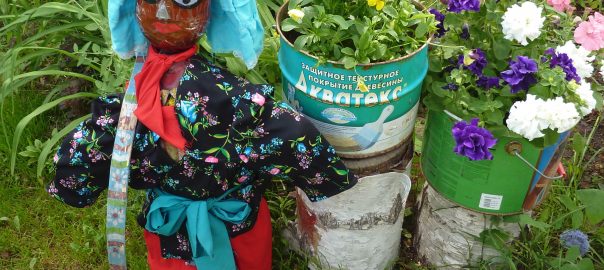
These are times of crisis. One might even think that the COVID-19 crisis looks like a an alternative expression of crises that are already building, especially ecological ones. Harald Welzer in The Climate Wars shows that the feeling of crisis as well as fear is born in the face of...
0 Comment(s)Join our Conversation
14 July 2020
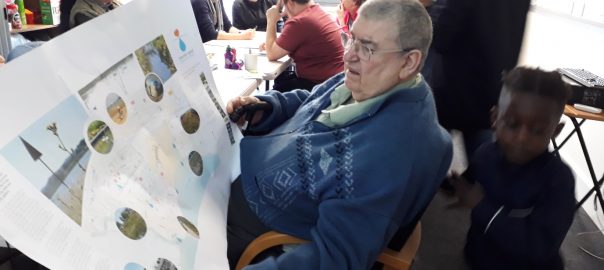
Know the feeling when every project seems to require a huge amount of work in a short amount of time, for very little reward?? This seems to be the way of the world, whether you’re a practitioner, a researcher, or a community activist (or all three). I was prompted to...
1 Comment(s)Join our Conversation
7 July 2020
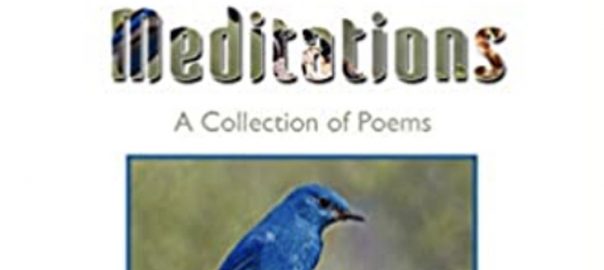
The sciences meet the arts in the poetic renderings of Dr. Karan Aggarwala’s 2010 collection, Ecological Mediations(Xlibris). An optometrist by training, Dr. Aggarwala’s poetic view of the world reflects years of science met with a holistic ecological view of the mechanisms of our world. His inspiration draws clearly from personal...
0 Comment(s)Join our Conversation
4 July 2020
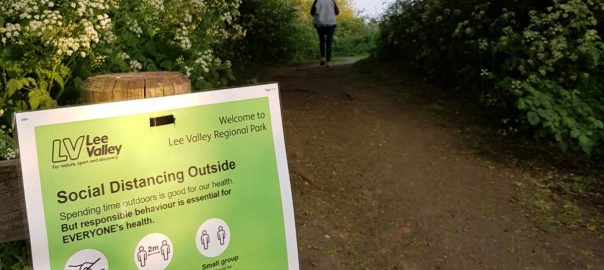
0 Comment(s)
Join our Conversation
30 June 2020
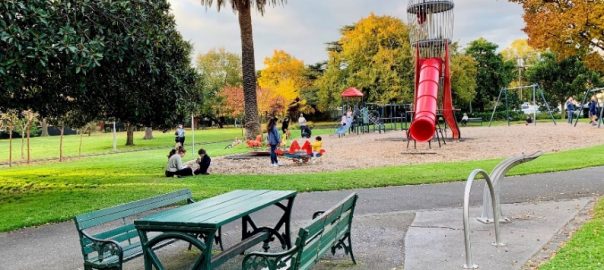
The extensive societal changes brought about by COVID-19 restrictions have given pause for thought on how we can create healthier and more equitable cities as we transition to a new normal. Public health measures to reduce the spread of COVID-19 have meant that opportunities to go out and interact with...
0 Comment(s)Join our Conversation
24 June 2020
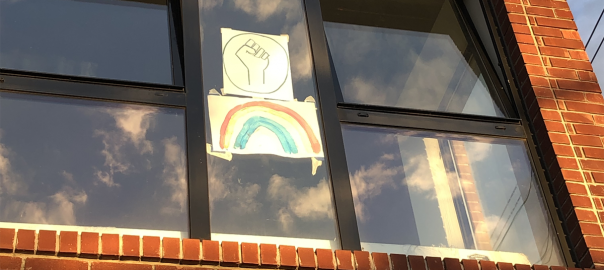
How do you conduct social science research about people’s relationship to place and the environment during shelter-in-place? Many are turning to big data—scraping social media, tracking cell phone use and movements, and these aggregated, digital data streams are providing key insights about mobility, vulnerability, and spatial patterns of the virus...
8 Comment(s)Join our Conversation
22 June 2020
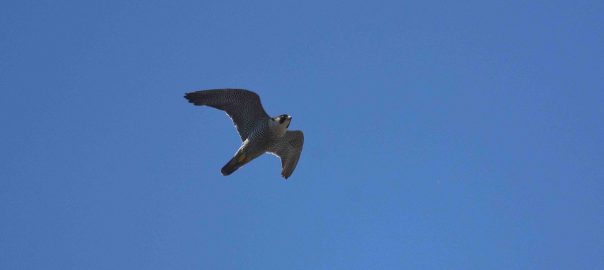
Read this in English.J’ai fait les chroniques confinées quotidiennes pendant la quarantaine parisienne, et voici quelques observations récentes de notre maison à Pantin, dans la banlieue nord-est de Paris. Les Mésanges charbonnières qui ont élu domicile dans le trou du mur de mes voisins ont quitté leur nid ce matin. Des six jeunes, un a fini...
2 Comment(s)Join our Conversation
15 June 2020

This essay is a conversation between an economist and a psychologist who live and work in China and Kenya and who exchange observations and are despairing about the impact of COVID-19 on their individual and social lives. Both come to a common point in terms of how much of this...
1 Comment(s)Join our Conversation
11 June 2020
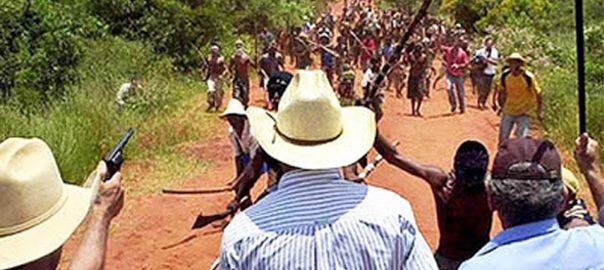
1 Proposition The logic of urban growth in the Brazilian Amazon could be changed if we succeeded in bringing together two different systems of thought and practices: that of the natural and indigenous, to that of technology and capital production. Together, they could guarantee the continued economic and environmental resilience...
0 Comment(s)Join our Conversation


